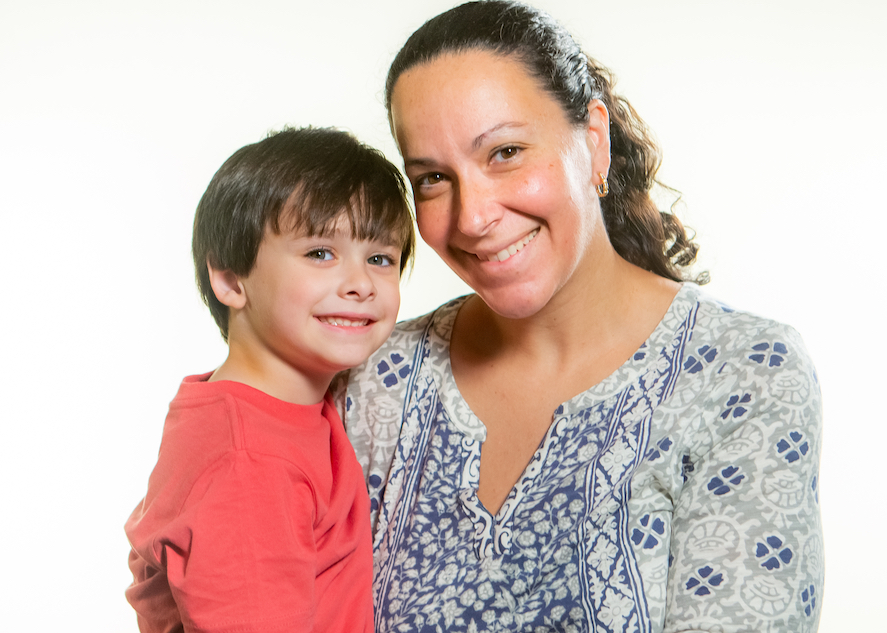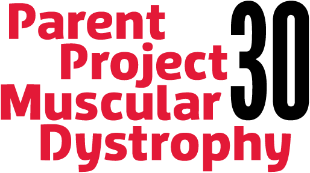
Much has been explored about males living with Duchenne, but what about the many females who are living with symptoms (i.e., skeletal muscle weakness, cognitive issues and/or cardiomyopathy) of this diagnosis?
In June of 2019, PPMD convened a meeting of female Duchenne community members, medical experts, and researchers to review what we know, identify gaps in care and research, and to make recommendations for care based on current evidence.
The summary of this meeting has now been published in the Journal of Neuromuscular Diseases.
PPMD’s Pre-Conference Carrier Meeting: Summary & Recommendations
Terminology
A discussion of language started the conversation. Historically, females with a variant, or mutation, in the dystrophin gene, and symptoms caused by this variant, have been termed “manifesting carriers of Duchenne.” Due to the spectrum of symptoms experienced by girls and women, it was suggested that “females with dystrophinopathy” might be a more appropriate term. Dystrophinopathy refers to the spectrum of diseases caused by mutations in the DMD gene. Others feared that some females may be given this label based on genetic findings but never develop physical or psychosocial symptoms, which may result in unneeded social, emotional, and financial repercussions. A consensus was not reached by the group and future conversation around terminology is needed.
Genetic Testing
Recommendations for care first require genetic confirmation of the variant in the dystrophin gene. It was strongly recommended that first degree female siblings be educated regarding their risk of having this mutation. Should skeletal, cognitive, or cardiac issues be identified in female siblings, CK testing should be performed, and if elevated, genetic testing should follow. There was discussion around the appropriate age for testing. It has historically been recommended to wait until adulthood (18+) to undergo genetic testing, but perhaps it would be best if females knew, and were followed and treated, earlier. Further investigation was recommended here as well.
Care
Following genetic confirmation, the following recommendations, based on current knowledge, were made:
- Those females who are experiencing symptoms such as fatigue, weakness, or cognitive disability should be seen every six months by a neurologist, physical therapist, and cardiologist.
- Cardiac evaluation should follow guidelines previously established for individuals with Duchenne/Becker muscular dystrophy and preferentially include non-invasive imaging by cardiac MRI (using gadolinium contrast), as cardiac changes by MRI have been shown to precede those seen by echo. Cardiac evaluation should be in place for all genetically at-risk individuals whether they have skeletal muscle or cognitive symptoms or not. Follow-up imaging, if normal, is recommended every three years. Abnormal imaging is repeated based on cardiology guidance for cardiomyopathy.
- CK may be useful, but is an imperfect and highly variable measure in assessing disease severity in females with dystrophinopathy. Repeat collection of CK at multiple visits was discussed as a starting point for defining the disease natural history and gathering more systematic data on this patient population. The patient’s baseline CK should also be established so acute changes can be better monitored.
Furthering the Discussion
We would like to thank the females with dystrophinopathy, medical experts, and researchers who graciously participated in this meeting and contributed to this important conversation. We are optimistic these discussions among experts in the field will continue to drive improvements in the diagnosis, care, and awareness of females with dystrophinopathy. For more information about caring for carriers, please visit our website. If you have questions about your genetics report, or would like information about our free genetic testing program, Decode Duchenne, please call 888-520-8675 or email decode@parentprojectmd.org.



 by: Parent Project Muscular Dystrophy
by: Parent Project Muscular Dystrophy

